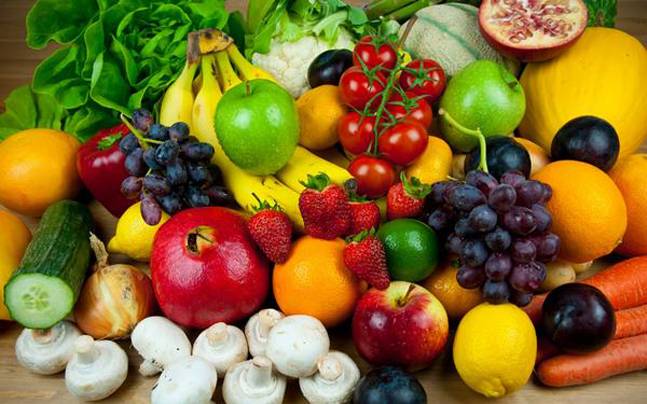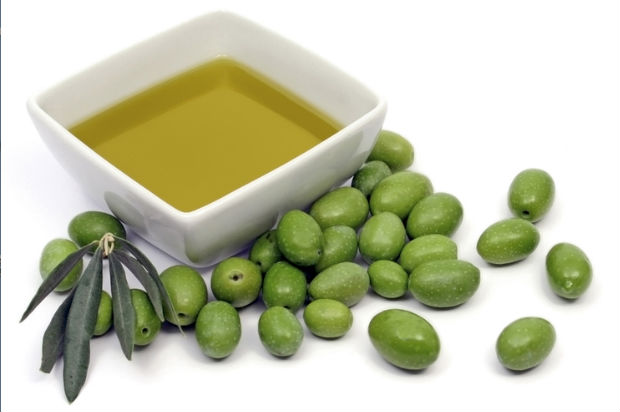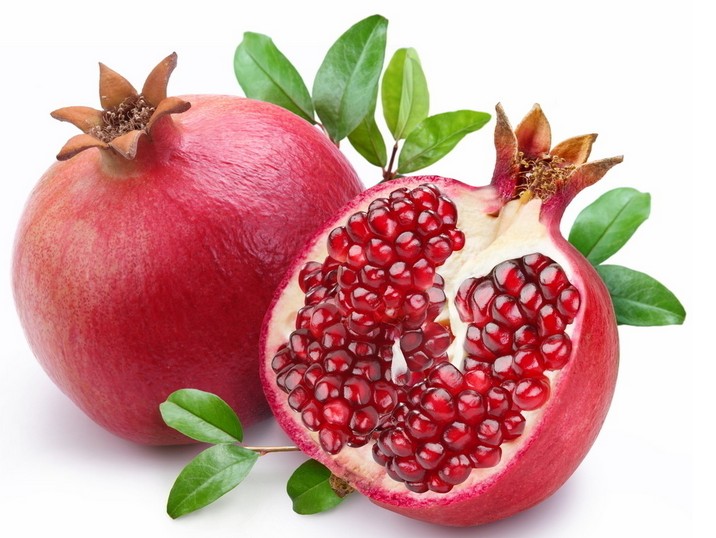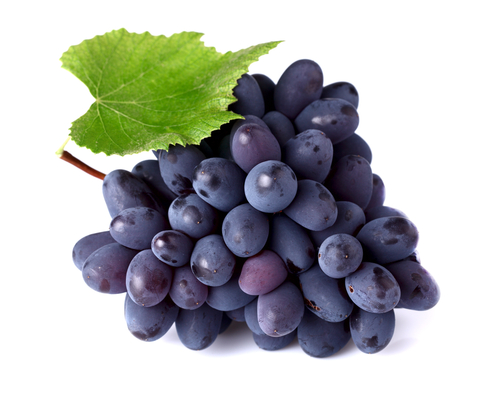
A new study suggests that people with cancer or an elevated risk of developing the disease should avoid nutritional supplements that contain antioxidants.
Antioxidants double the rate of metastasis, the spread of cancer from one part of the body to another, in malignant melanoma, the most perilous type of skin cancer, warns a new study.
Found in many nutritional supplements, antioxidants are widely marketed as a means of preventing cancer.
The results of this study suggest that people with cancer or an elevated risk of developing the disease should avoid nutritional supplements that contain antioxidants.
“We have demonstrated that antioxidants promote the progression of cancer,” said one of the researchers Martin Bergo from Sahlgrenska Academy at University of Gothenburg in Sweden.
Antioxidants protect healthy cells from free radicals that can turn them into malignancies but may also protect a tumour once it has developed, the findings showed.
Researchers at Sahlgrenska Academy demonstrated in January 2014 that antioxidants hastened and aggravated the progression of lung cancer.
Mice that were given antioxidants developed additional and more aggressive tumours.
Experiments on human lung cancer cells confirmed the results. Given well-established evidence that free radicals can cause cancer, the research community had simply assumed that antioxidants, which destroy them, provide protection against the disease.
But because the lung cancer studies called the collective wisdom into question, they attracted a great deal of attention.
The follow-up studies at Sahlgrenska Academy have now found that antioxidants double the rate of metastasis in malignant melanoma in mice. “The antioxidant boosted the ability of the tumour cells to metastasise, an even more serious problem because metastasis is the cause of death in the case of melanoma. The primary tumour is not dangerous per se and is usually removed,” Bergo noted.
Experiments on cell cultures from patients with malignant melanoma confirmed the new results.
Source: India today










